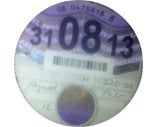 Transport Minister Norman Baker predicts the end of vehicle tax, big cuts in fuel duties and a new system of road tolls for every mile travelled. Speaking in the Sunday Express he would like a new system of road pricing where “there would be no difference in overall costs for the average motorist”.
Transport Minister Norman Baker predicts the end of vehicle tax, big cuts in fuel duties and a new system of road tolls for every mile travelled. Speaking in the Sunday Express he would like a new system of road pricing where “there would be no difference in overall costs for the average motorist”.
The thing is that you and I are probably not “the average motorist”. In fact very few people are! In theory as I own two vehicles I should be quids in under his preferred road pricing system as I can only drive one at a time and yet have to pay up for two tax discs. Others, especially those with a long commute to work will probably end up paying a whole load more.
A simpler solution would be to simply add the cost of the tax disc to fuel on a pay as you go model. However any increase to the current fuel duty prices probably isn’t politically acceptable. The Transport Minister’s solution is to fit a black box to every vehicle in the country to monitor which roads they drive on and then bill the motorist. The cost to supply, fit and maintain the boxes would be astronomical, plus it opens up questions of privacy – is the government entitled to monitor when and where you drive?
Quite how the revenues will be raised is the less important issue though, the bigger problem for the Exchequer is that with more economical petrol and diesel vehicles along with electric cars revenues are falling. It’s a hard sell to convince people that any change would be revenue neutral, especially bearing in mind the costs of implementing the changes which someone has to pay for.
Of course many Tamebay readers will be small businesses, often working from or close to home. However online retailers (and online customers) are likely to be seriously impacted by any changes from the humble tax disc to a pay per mile model. Every single parcel we ship has to be collected by van and driven via distribution hugs to our customers. Couriers most definitely will not be “average motorists” for whom any change will be revenue neutral. Ecommerce will be well and truly stung by the proposed changes.
Changing the way our use of the roads are charged would affect the cost of everything from – not just courier costs. It would affect you and your staff commuting to work, deliveries of stock and even the cost of the humble Royal Mail stamp.
What method of charging for road tax would you prefer? The current road fund license known as the tax disc, a per per litre model on fuel, or a black box pay per mile model based on when and where you drive?

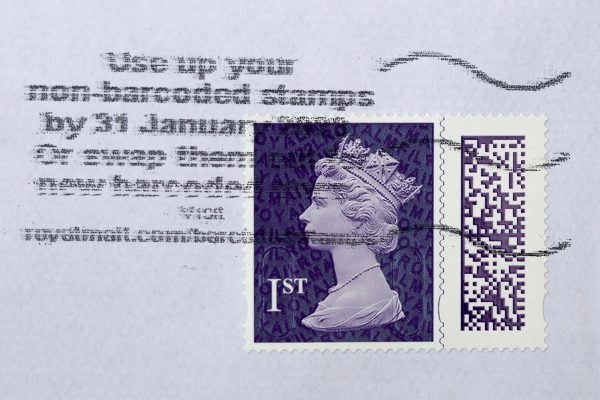
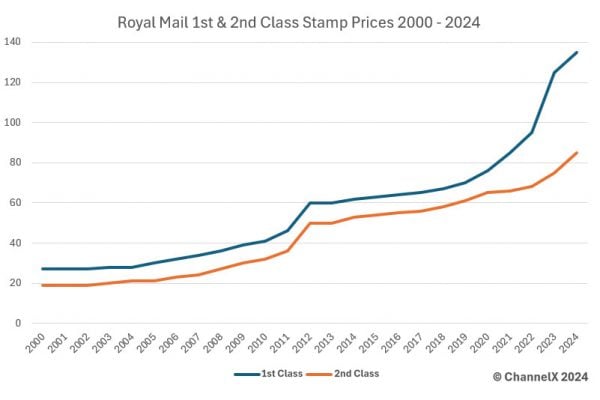

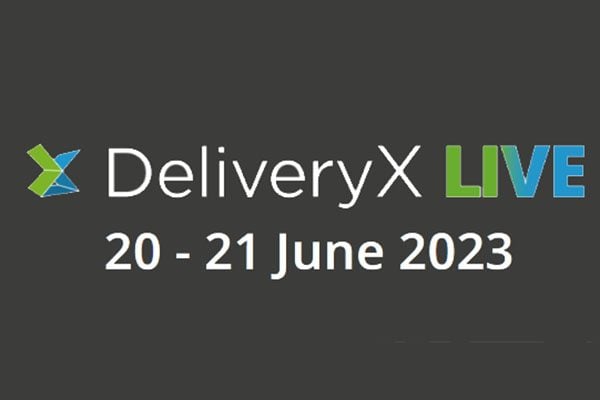

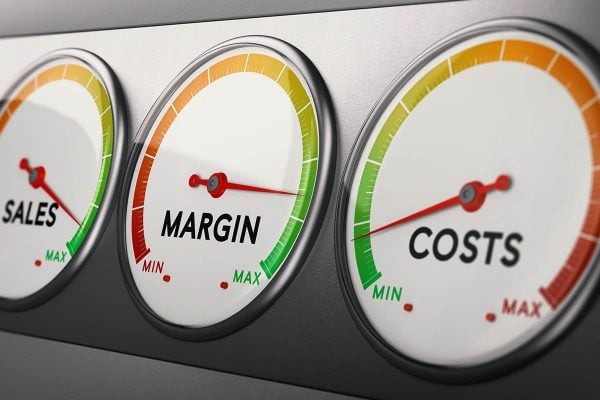
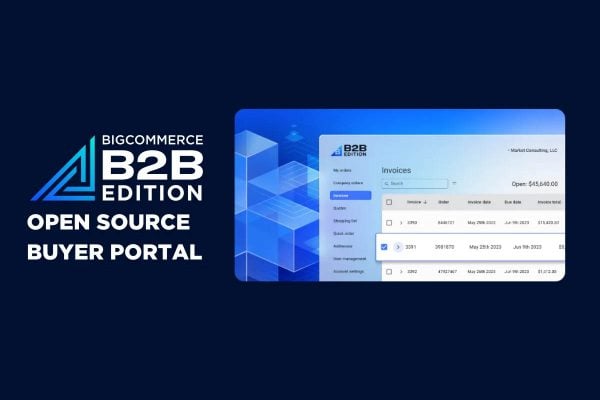

14 Responses
I wouldn’t mind if road & fuel tax paid for the upkeep of the road network as opposed to being a cash cow for the government regardless of how it is collected.
The government should look at what costs money and tax the cause accordingly as with ciggys and alchofrol.
Chris,
Whilst I don’t like to contradict a colleague, we don’t have road tax in this country currently. I think you may be referring to vehicle license.
The sums raised by the license don’t go anywhere close to paying for the huge cost of roads. Indeed, the sums aren’t ringfenced as such. The same goes for fuel duty. It doesn’t go into a special pot.
I don’t drive. But I am dependent on the road system so, I can’t complain too much. (I don’t have children, but I think we should spend money on schools.)
But changes in car usage habits mean that increasingly lower income people are disproportionatly paying more for road use which is ever more so a pursuit for richer people.
Now, we need the infrastructure so that’s that. But wouldn’t it be interesting to apply such a lavish approach to the railway system and other transport options.
Periodically this idea raises its ugly head. Instead of speaking as a Bookseller can I comment as a Politician. When Road Fund was first invented it was intended to pay for the roads. Then in I think the 1930’s it changed and went into the Treasury “Pot” and the link with the costs of the roads were broken. Today with numerous differant Tax Rates depending on the “Efficiency” of the vehicles engines(how “Green” it is supposed to be) it is really a Political Tax.
But lumping Road Tax and Fuel Duty and also having a possible Road Pricing keeps being mentioned. Those of us in Cornwall who have looked at it are on the whole totally appalled by the idea. Why?
Can you imagine somebody going on holiday to Cornwall. They have paid the petrol and their hotel/guest house/Camp Site and they get home. Then a few weeks or a couple of months later they get an invoice that represents the “Road Pricing” Invoice. It could be hundreds of pounds or even thousands of pounds. How do you calculate it?
The “Road Pricing” will give you differant charges for differant types of Road. So a Motorway would be differant to the cost of an A road which would be differant to a B Road. It could be differant depending on which time of the day. So “Rush Hours” would be differant to the early hours of the morning. It could even mean that Saturdays(traditionally the change-over day in tourist areas) are a differant price than other days of the week. There could even be a trigger that meant that if the road was congested for any reason(the local Football Club’s match has just ended) the Toll increases.
In other words each motorist would get an invoice for Road Pricing with no idea how it was arrived at. So how could motorists reduce it? Well firstly, and here it would hammer Cornwall, they would spend their holidays closer to home. So instead of driving from Manchester to St Ives they could save possibly a hundred pounds by only driving to Minehead. Thus the far South West would likely to suffer massively if Road Pricing was to be introduced. Secondly they could all drive on holiday during the night. So look for a massive increase in accidents as people fall asleep at the wheel. Thirdly they could avoid Motorways and A Roads and drive on minor roads. So people like me living in small villages would find that the narrow village roads would be congested.
Our economy in the far South West is already fragile the last thing that we want is for anything to be done that is likely to hit us hard.
However one category where there would be a saving would be those with multiple vehicles each covering limited mileages. So if it was based on average mileage(usually taken as 8,000-12,000 miles per annum). If you have say 3 vehicles with a total mileage of say 15,000 miles across the 3 you are likely to be quids in except if they are “Classic Cars” because many of these have Free Road Tax anyway because of their age.
It all relies on the electronics in the boxes in the car and the satelites and all the necessary computers actually working and I for one think that it is unlikely that it will ever work satisfactorily for long enough to be effective.
Tax on fuel seems fairest as then you are only paying for what you actually drive.
Whilst they are at it they could also consider a further tax on fuel to cover insurance.
I know you are all going to say “what about young or high risk drivers”. Well, they could get charged something extra, maybe annually, or maybe as part of their driving license.
Whilst I appreciate this is a complicated structure, anything that does away with insurance companies making a fortune for shareholders, at the expense of the driving majority, has to be a good thing. The current system is beginning to break down through excessive premiums and costs.
Whilst driving should be regarded as a privilege and not as a right, having a car is also essential to most of us and we need to make it more affordable. I drive a 12 year old £500 car less than 2000 miles per year, yet it costs me (not including fuel, repairs or servicing) over £1,500 per year. When I add the cost of fuel, repairs and servicing, I am paying around £2000 each year to drive 2000 miles – that’s about £1 per mile! Is that fair? Low mileage drivers are often elderly, mothers of young children, or people who live in rural areas, and for them having a car is essential. Unlike people in big towns or city’s they often do not have the option of using other forms of transport. Should their running costs for keeping a car that is used so little be so high?
You may argue that if we make driving more affordable there will be a big increase in the number of vehicles on the roads. OK, so how many people do you actually know that don’t own a car because of the cost? Of course there are a few but for most of us having a car is an absolute priority and even if the cost increases we will still maintain a car. IMO even if you double the cost of driving I think most people will still have a car. Reducing the cost will only increase the number of vehicles very slightly.
We need a system that keeps the cost down for low mileage drivers. I don’t agree with black boxes or tolls as any revenues will get soaked up by implementation and management (take the London Congestion Charge, cost a fortune to put in, makes virtually nothing, and has had little impact on vehicle numbers, congestion, or pollution) and then there are the “Big Brother” issues. I believe that a tax on fuel is the fairest system as then you are only paying for what you do and high mileage drivers will pay more.
Adding Road Tax and Insurance to fuel, through a centralised organisation, would seem to be the fairest solution and also relatively easy to setup. I would propose that the insurance component is Third Party only so drivers wishing to have fire & theft cover, or comprehensive cover, would still need to take out a private policy. This system would also do away with uninsured drivers which currently cost motorists and the State a fortune each year.
There has to be a better way than the current system.
A move away from taxation of traditional road fuel is inevitable at a future point in time.
50 years from now most cars will probably be powered by electricity which currently has minimal tax and the government of the day will still need funds.
Timing is tricky though as currently electric cars are more expensive and can only be easily marketed on the basis of fuel cost savings.
The one advantage with getting older is that you beciome eligible for a Bus Pass. When I got mine I thought long and hard about keeping the car. At the same time the Doctor was telling me that I had to do a great deal more exercise because of my back and lungs. So I decided to get rid of the car and use the bus instead. This has also had the effect of doubling and trebling the amount of exercise I do. I cannot claim to be any more healthy, although I have lost a stone or two, but I don’t think my back and lungs are getting any worse. So perhaps it is doing me some good.
So my advice is get to be 60 odd(they keep changing the age to get a Bus Pass), get your bus pass and enjoy travelling by bus and do more exercise.
I don’t like the idea of paying road tax and insurance on fuel.
I don’t really like the idea of paying either to run my mower, strimmer, chain saw, and hedge cutter 😀
Most people would probably go for the system that reduces the amount of tax they (knowingly) pay.
As somebody who does not drive that much usage based pricing would benefit me directly (although as a consumer I would expect the costs to be passed on to me indirectly).
The problem with a per-mile system is it is likely to become very complex if the pricing depends on road type, location and time. It would, however, be more fair on those who live in rural areas and depend on driving more.